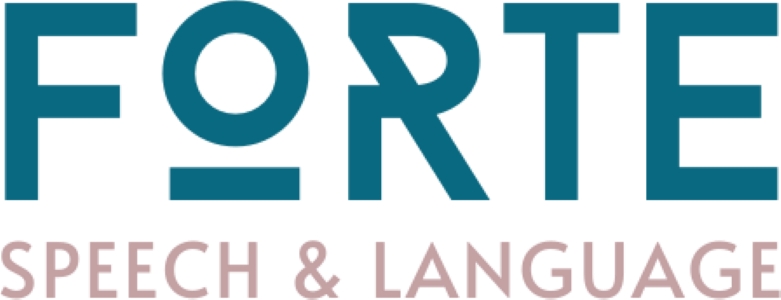Forte Speech & Language Therapy, a leading provider of speech and language intervention services in the Los Angeles area, today unveiled a comprehensive new report, titled “How Speech Therapy Can Help After a Traumatic Brain Injury”. This report offers an in-depth look at the critical role of speech-language pathology in recovery from traumatic brain injuries (TBI).
A Clearer View of TBI and Its Impacts
The report begins by defining a traumatic brain injury. It notes that TBI is a type of brain trauma resulting from physical head injury, where the “damage occurs immediately following the trauma”. However, symptoms sometimes surface later, such as during seizures or brain swelling.
It outlines a wide range of after-effects as well. These may include physical issues like dizziness, nausea, and seizures, as well as cognitive impairments including difficulty paying attention, forgetfulness, and challenges with problem-solving. Behavioral and sensory challenges, such as mood swings, anxiety, and light or sound sensitivity, are also highlighted.
How TBI Can Affect Speech and Language
The report identifies six specific ways in which TBI can compromise communication.
Of particular note is apraxia of speech. This is a motor speech disorder where individuals know what they want to say but struggle to coordinate the speech muscles in order to say it. Signs include distorted speech sounds, slower speech rate, inconsistent errors, substitutions, prosody issues, and pauses. There are two types of this disorder – childhood apraxia of speech, and acquired apraxia of speech. A TBI may cause the latter.
Aphasia is another key effect of traumatic brain injury. This is a neurological condition that impairs both expressive communication and language comprehension. It may manifest itself as difficulty forming sentences, naming objects, reading, or following directions.
Other potential
Speech Therapy: A Path to Recovery
The new report emphasizes that speech therapists play a pivotal role in treating TBI symptoms. After a comprehensive evaluation, therapists craft personalized treatment plans addressing specific speech and language needs. Interventions may include cognitive therapy for attention, memory, and problem-solving, helping individuals communicate with renewed confidence.
“Many people with traumatic brain injuries feel discouraged by their challenges. But speech therapy for aphasia, dysarthria, apraxia, and many other diagnoses can help. With the right support, progress is possible.”
Forte Speech & Language Therapy offers both in‑home and online speech therapy across the greater Los Angeles area, allowing individuals and families to access treatment in comfortable, familiar environments. The report mentioned is available for free on their website.
Media Contact
Company Name: Forte Speech & Language Therapy
Contact Person: Kylie Puckett, MA, CCC-SLP
Email: Send Email
Phone: +1 (818) 208 0027
City: Los Angeles
State: California
Country: United States
Website: https://www.fortespeech.com/






